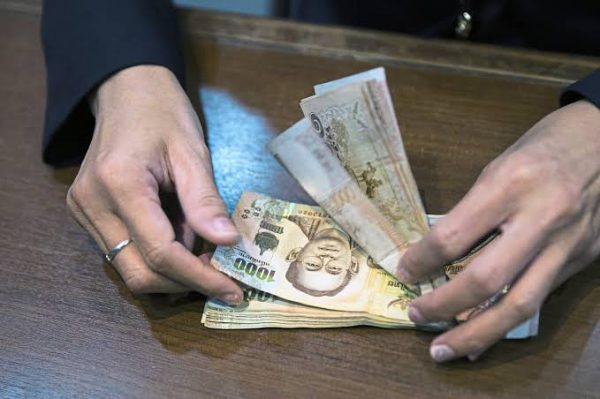BANGKOK, 25 November 2019: Thailand’s central bank said it would ease rules governing the foreign exchange market and international reserves, according to a report posted on Thaivisa.com at the weekend.
Tourism and hospitality industry leaders have been pressing the government to intervene to prevent further strengthening of the Thai baht saying it is discouraging tourists. The rate has fallen from USD32.96 a year ago to around 30.17 last week.
Most hotels quote rates to foreign tour companies in Thai baht while airlines calculate their fares in US dollars.

While foreign tourists complain that a strong Thai baht has increased holiday costs by as much as 30%, Thais are enjoying outbound travel bargains. Compared with prices two to three years earlier, the baht is considerably stronger and makes overseas travel more affordable for Thais. For example, the rate for the Singapore dollar has dropped from around THB25 to one Singapore dollar to around THB22.50.
During meetings held at the weekend in Luang Prabang Reuters quoted the Bank of Thailand Governor Veerathai Santiprabhob saying: “The policy rate is low when compared with the region … will not be able to lower rates much further.”
Earlier this month the central bank lowered its one-day repurchase rates to 1.25%, the lowest level since the global financial crisis.
The baht is Asia’s best-performing currency this year, rising 7.7% against the dollar, and putting further pressure on exporters already affected by global trade tensions.
Veerathai said the central bank would review foreign exchange laws to allow greater flexibility and to align regulations with new technological developments including digital currencies.
Outlining the monetary authority’s 2020-2022 strategy, Veerathai said exchange rate volatility was unavoidable because it is closely tied to unpredictable external factors.
He added that the central bank would look at how to relax foreign reserve measures and let Thai businesses keep currencies abroad because the country already had sufficient international buffers.
Mathee Supapongse, deputy governor for monetary stability said the central bank was also studying policies that could be deployed through non-financial institutions to impact the market directly.
( Thaivisa.com, Reuters)







What does the article mean precisely when saying “studying policies that could be deployed through non-financial institutions to impact the market directly.”? Could anyone help me with this?